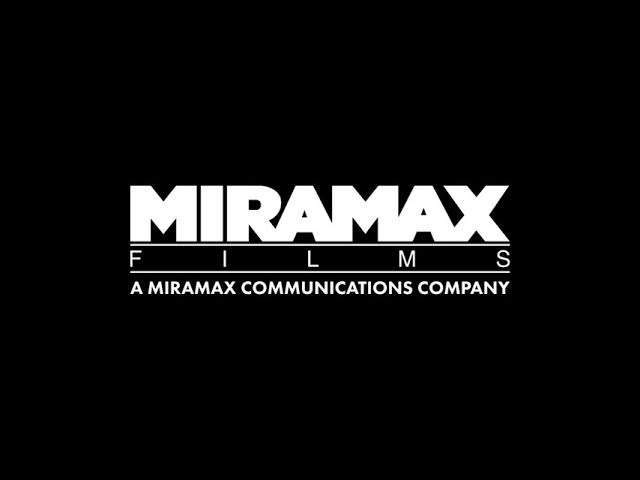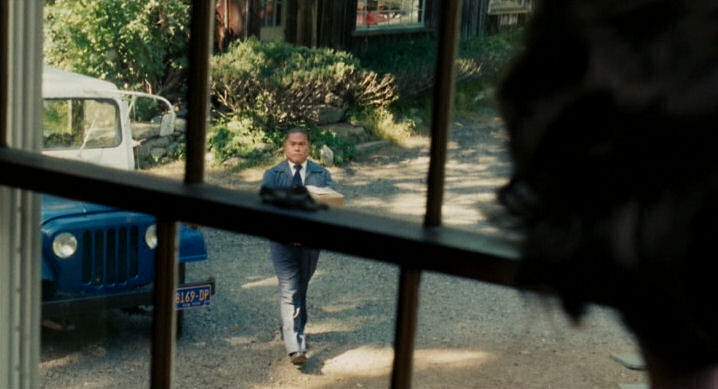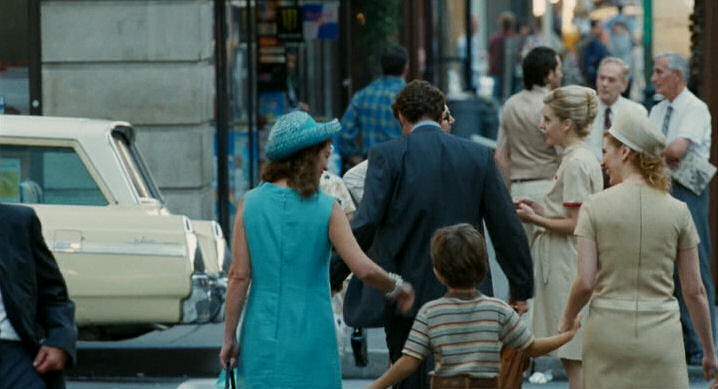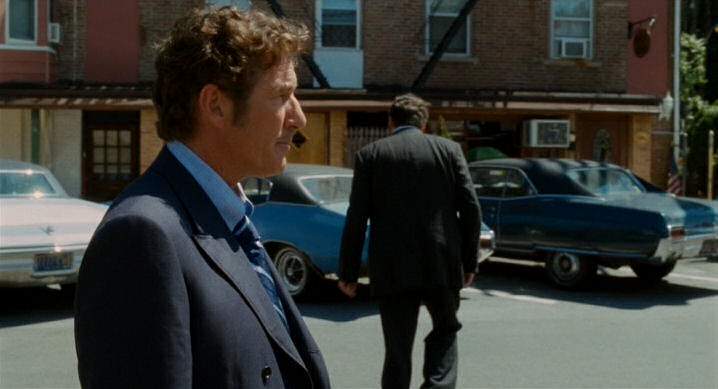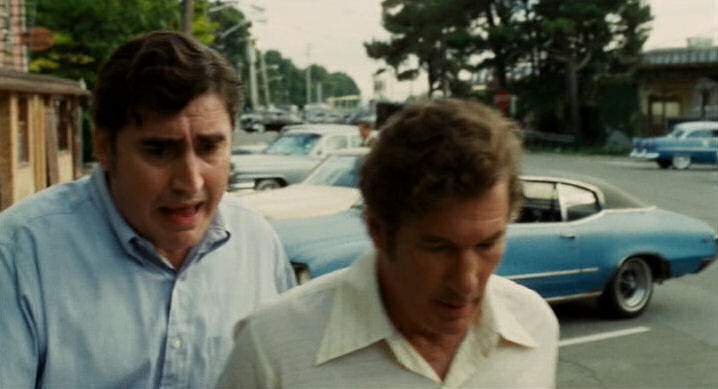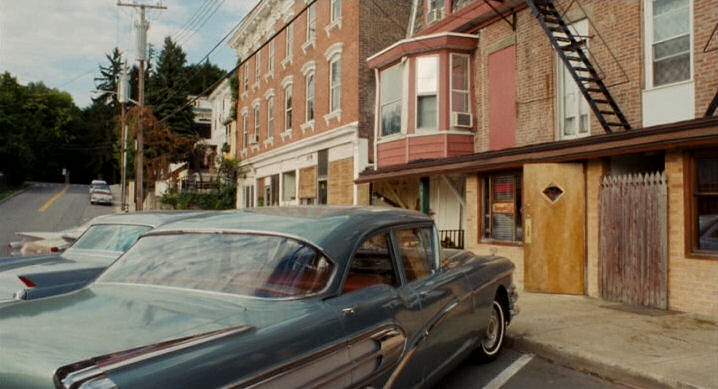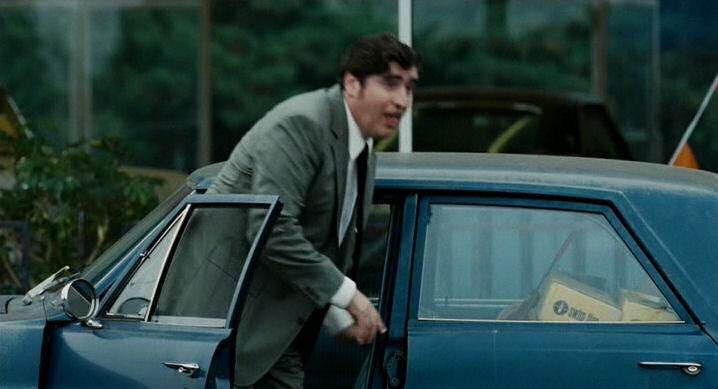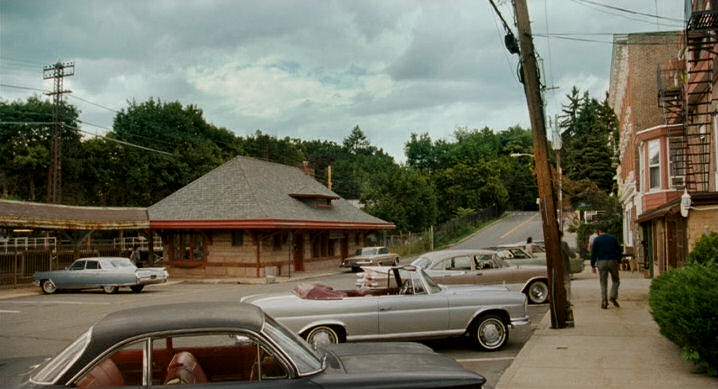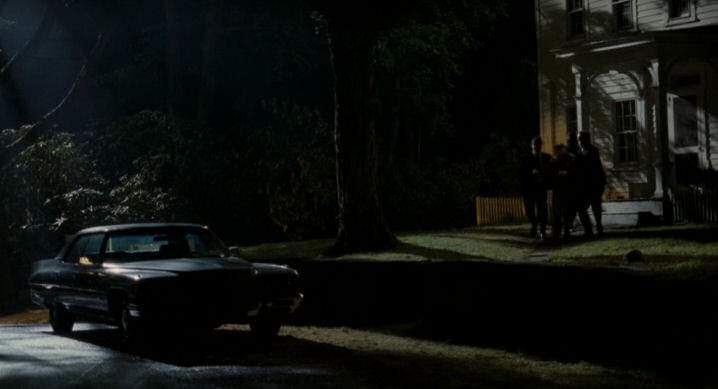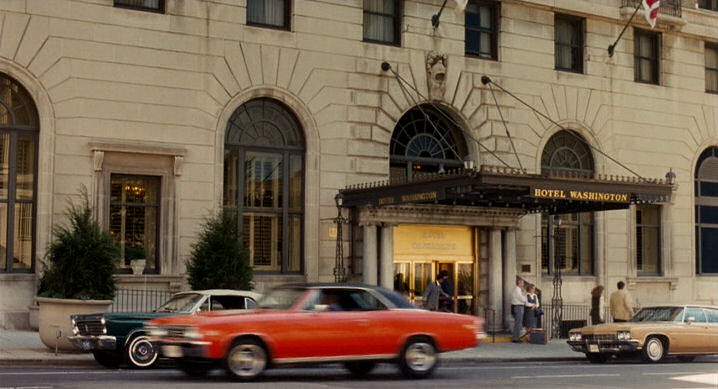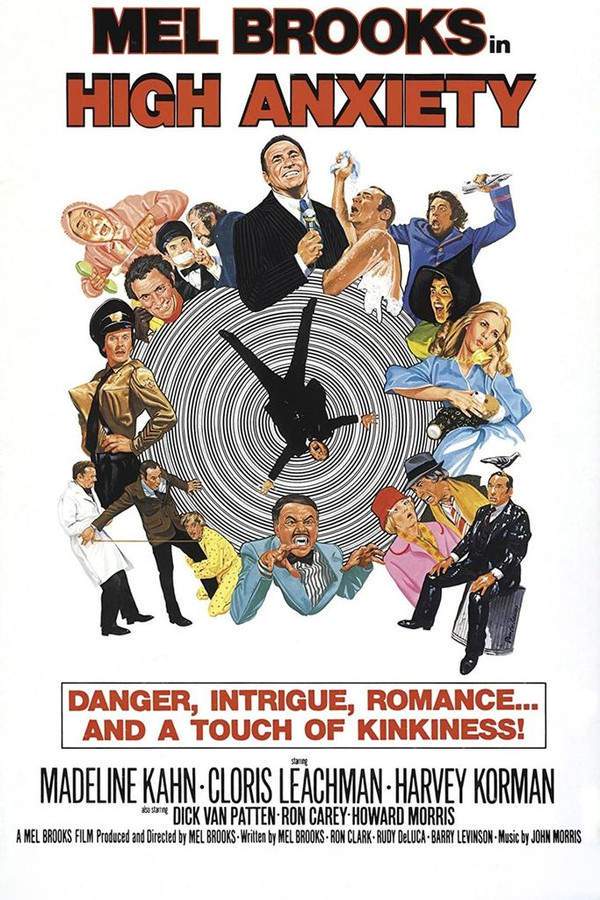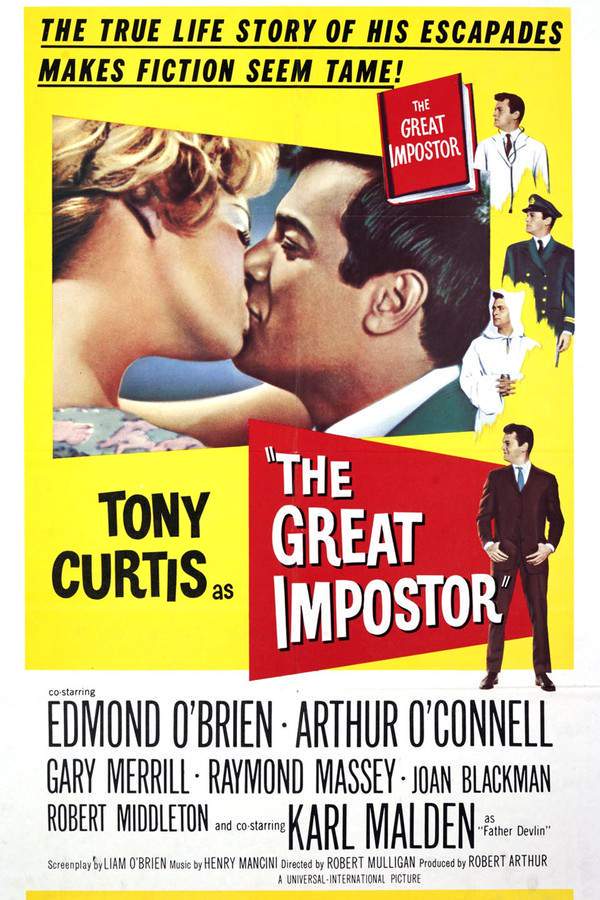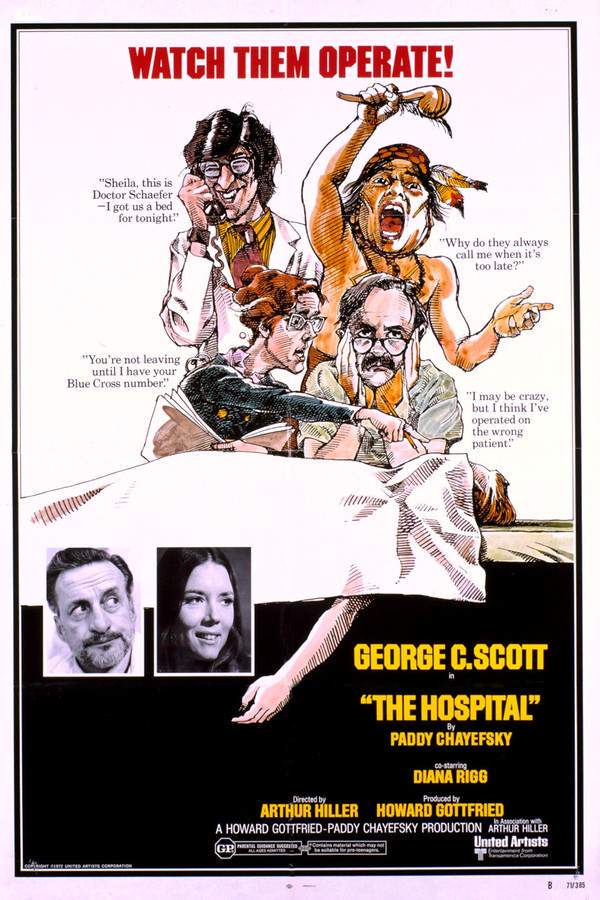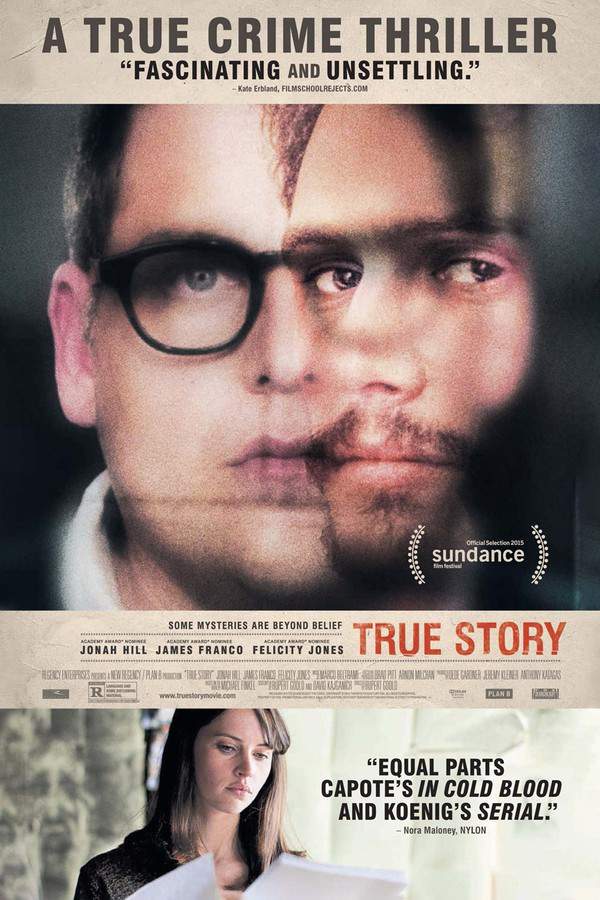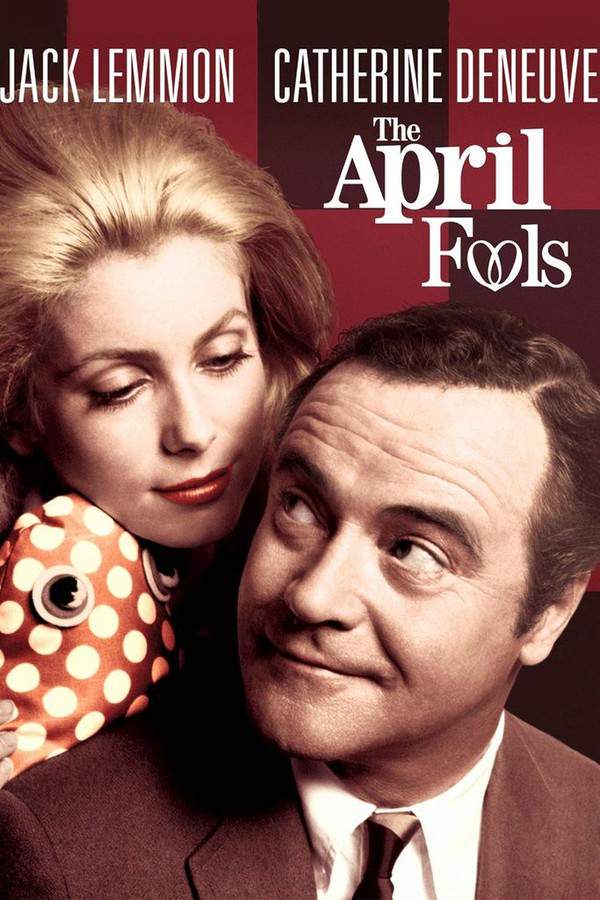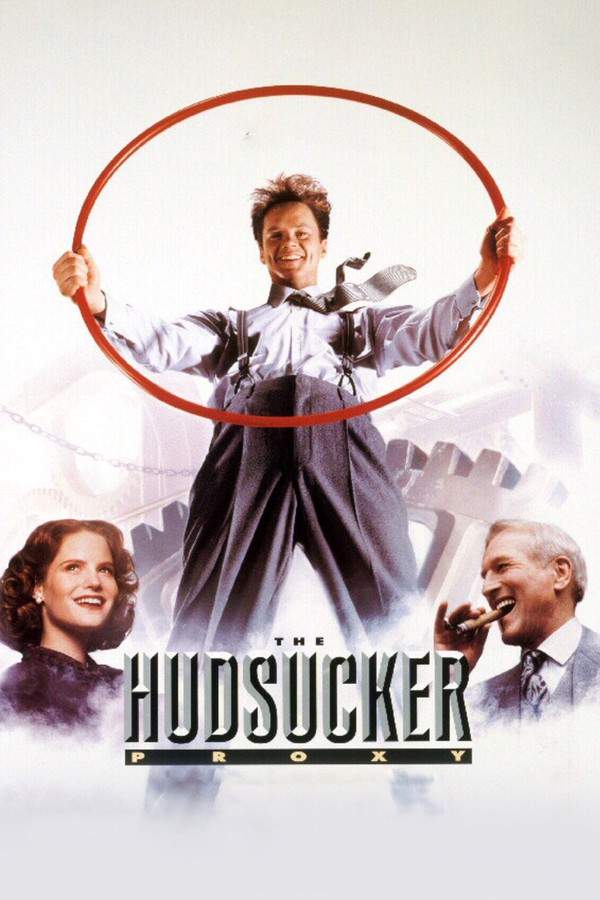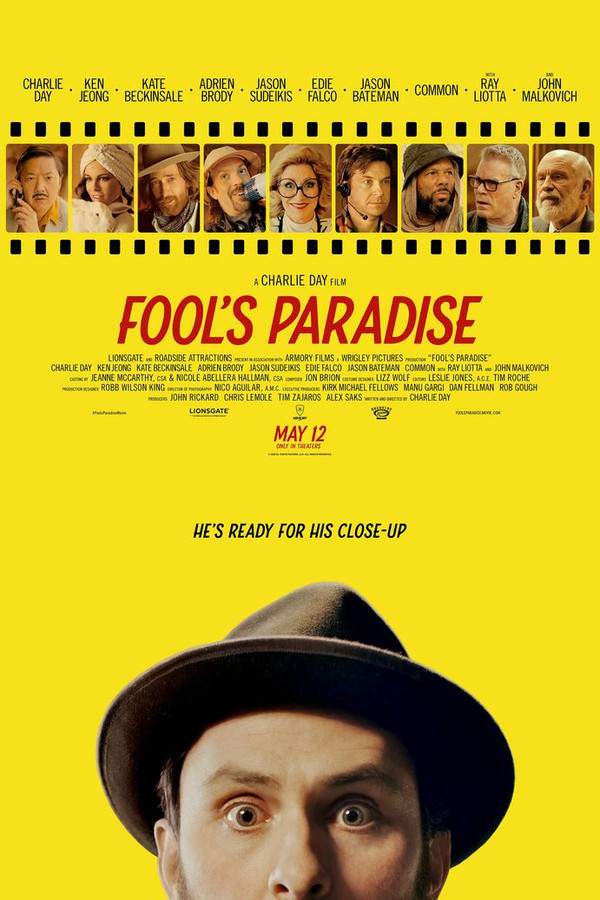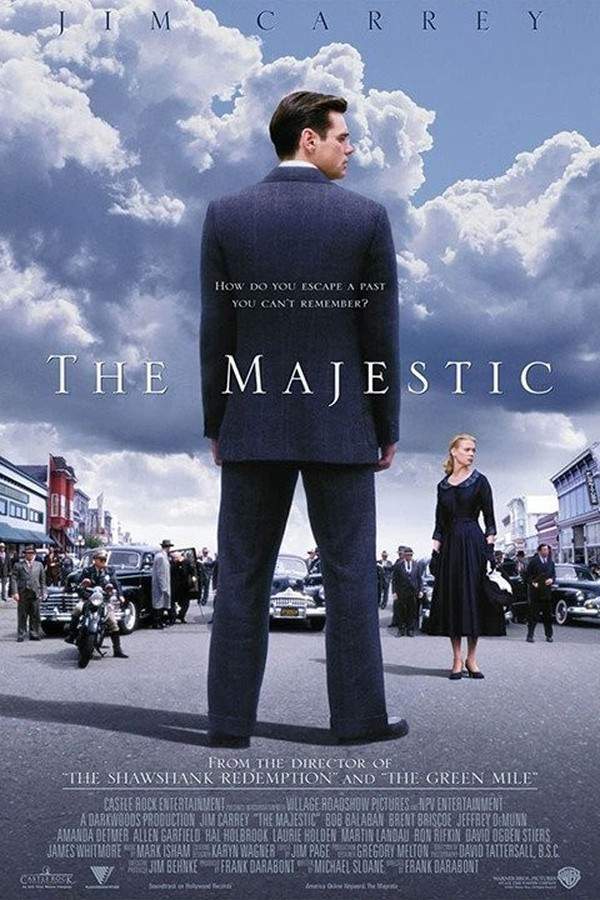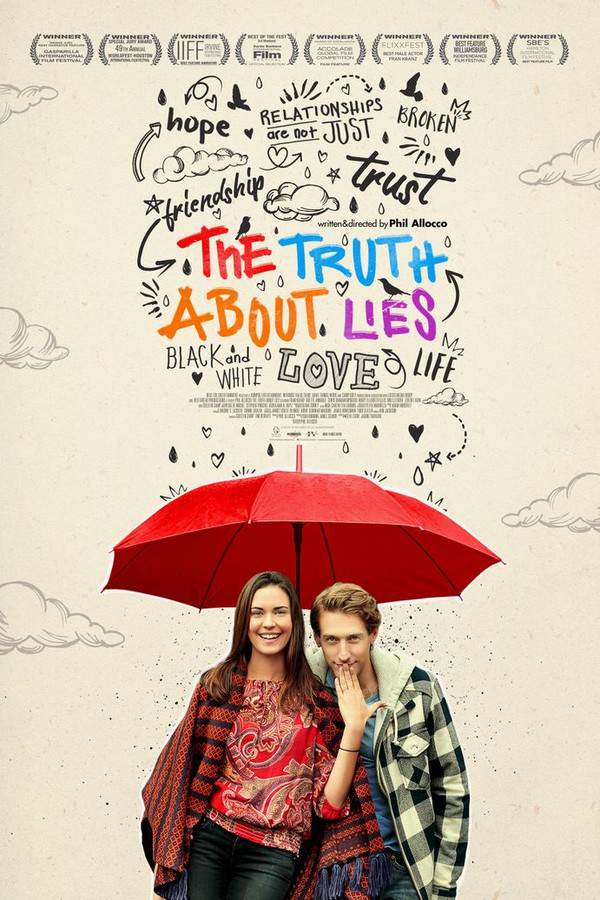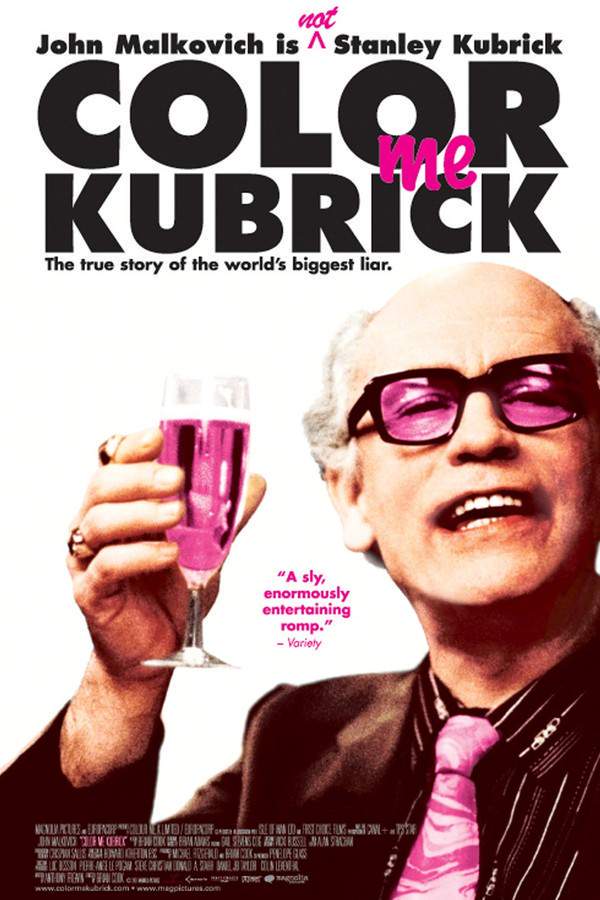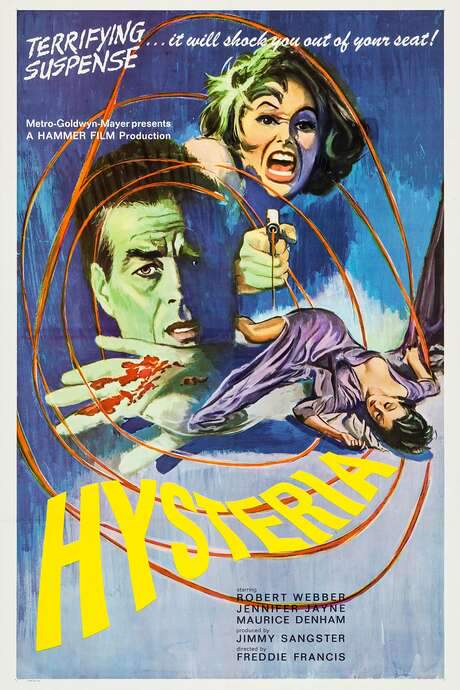The Hoax 2007
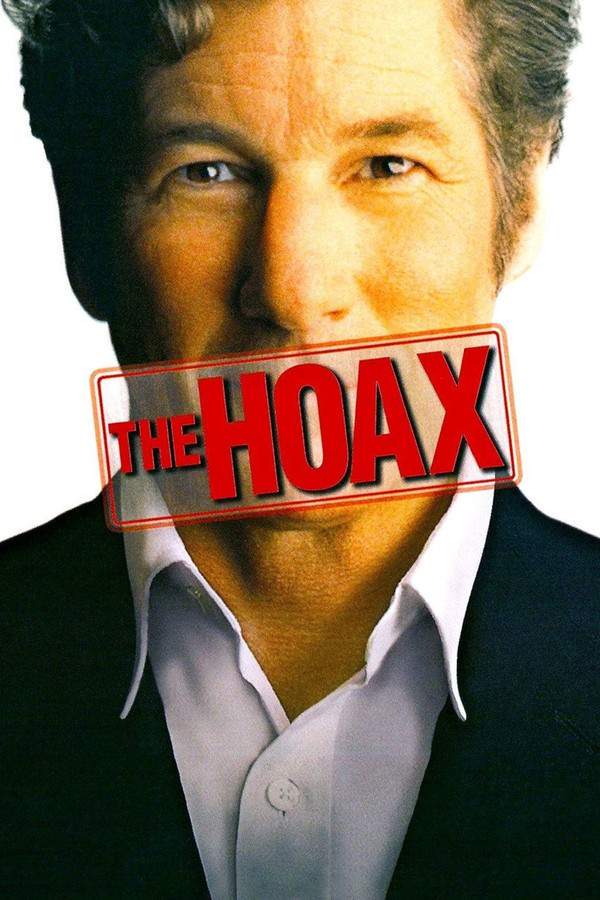
A skeptical psychiatrist investigates a patient who has turned violent, attempting to discern genuine trauma from elaborate deception. As the psychiatrist delves deeper into the patient's psyche, the boundaries between reality and illusion become increasingly blurred. The professional finds himself questioning his own understanding of sanity and the nature of truth, struggling to maintain his objectivity in the face of disturbing revelations.
Does The Hoax have end credit scenes?
No!
The Hoax does not have end credit scenes. You can leave when the credits roll.
Meet the Full Cast and Actors of The Hoax
Explore the complete cast of The Hoax, including both lead and supporting actors. Learn who plays each character, discover their past roles and achievements, and find out what makes this ensemble cast stand out in the world of film and television.
External Links and Streaming Options
Discover where to watch The Hoax online, including streaming platforms, rental options, and official sources. Compare reviews, ratings, and in-depth movie information across sites like IMDb, TMDb, Wikipedia or Rotten Tomatoes.
Ratings and Reviews for The Hoax
See how The Hoax is rated across major platforms like IMDb, Metacritic, and TMDb. Compare audience scores and critic reviews to understand where The Hoax stands among top-rated movies in its genre.

70
Metascore
7.3
User Score

63
%
User Score
Take the Ultimate The Hoax Movie Quiz
Challenge your knowledge of The Hoax with this fun and interactive movie quiz. Test yourself on key plot points, iconic characters, hidden details, and memorable moments to see how well you really know the film.
The Hoax Quiz: Test your knowledge about 'The Hoax,' a dramatic tale of deception and ambition based on the life of Clifford Irving.
In what year does 'The Hoax' take place?
1969
1971
1975
1980
Show hint
Full Plot Summary and Ending Explained for The Hoax
Read the complete plot summary of The Hoax, including all major events, twists, and the full ending explained in detail. Explore key characters, themes, hidden meanings, and everything you need to understand the story from beginning to end.
In 1971, the executives at McGraw-Hill express interest in Clifford Irving’s novel Rudnick’s Problem, following the lackluster performance of his previous work, Fake!, about art forger Elmyr de Hory. Though Irving believes he has crafted a potential bestseller, the publisher decides against its release after a Life editor finds it unsatisfactory.
During a vacation with his friend and researcher, Richard Suskind, Irving faces an unexpected turn of events when the eccentric billionaire Howard Hughes demands that everyone vacate their hotel. Forced to return to New York City, Irving discovers that he is now relegated to meeting with an assistant rather than any decision-makers. Frustrated, he storms into the boardroom, proclaiming that he has a project which will be the “book of the century,” and threatening to take his talents elsewhere unless they’re taken seriously. In search of a worthy subject, he stumbles upon a cover story on Hughes and quickly decides to pursue him as the focus of his new work.
Irving fabricates a story that Hughes has engaged him to write his autobiography and presents forged handwritten notes purporting to be from Hughes as evidence. To his surprise, handwriting experts authenticate the notes, leading McGraw-Hill to agree to a $500,000 deal for the book. Irving operates under the assumption that Hughes, known for his reclusiveness, is unlikely to contest the publication, and that his eccentric behaviors can help him navigate any challenges to the book’s authenticity.
As Irving’s personal life becomes strained due to marital issues with his artist wife, Edith, arising from an affair with Nina van Pallandt, he reassures her of his faithfulness as he embarks on research trips with Suskind. They pour over documents related to Hughes, even illegally acquiring a draft biography from a former aide, amassing information to strengthen their claims. Irving adopts Hughes’s persona, mimicking his style and even recording passages in character.
As they delve deeper, Irving receives a mysterious box containing scandalous details regarding dubious dealings between Hughes and President Richard Nixon. Convinced that Hughes instigated this delivery to endorse his work, Irving integrates this sensitive information into the manuscript.
As the release date looms, Irving escalates his ruse by staging a phony meeting between Hughes and the publishers. Despite Hughes’s public denials, the McGraw-Hill executives remain convinced of the book’s authenticity and optimistic about its successes. Irving negotiates larger payments for himself and a purported Hughes while he and Edith scheme for her to funnel a check from Hughes, made out to “H. R. Hughes,” into a Swiss bank account under a forged identity, “Helga R. Hughes.”
The mounting pressure transforms Irving’s reality into paranoia as he grapples with guilt over his ongoing affair and the strain of maintaining appearances with Edith. Following a televised conference call, during which Hughes publicly denies any knowledge of the book, Irving spirals further into desperation. He finds himself arrested and, in a bid for cooperation, insists on immunity for Edith. Ultimately, they all receive minor sentences.
A radio broadcast hints at a flurry of favorable legal rulings for Hughes, which leads Irving to surmise that his book has embroiled the president in a precarious situation financially. The narrative alludes to the turbulence within Nixon’s administration, suggesting that his fixation on Hughes may have played a role in the notorious Watergate scandal, a point debate among historians and political analysts.
Uncover the Details: Timeline, Characters, Themes, and Beyond!

Coming soon on iOS and Android
The Plot Explained Mobile App
From blockbusters to hidden gems — dive into movie stories anytime, anywhere. Save your favorites, discover plots faster, and never miss a twist again.
Sign up to be the first to know when we launch. Your email stays private — always.
Watch Trailers, Clips & Behind-the-Scenes for The Hoax
Watch official trailers, exclusive clips, cast interviews, and behind-the-scenes footage from The Hoax. Dive deeper into the making of the film, its standout moments, and key production insights.
Cars Featured in The Hoax
Explore all cars featured in The Hoax, including their makes, models, scenes they appear in, and their significance to the plot. A must-read for car enthusiasts and movie buffs alike.
The Hoax Themes and Keywords
Discover the central themes, ideas, and keywords that define the movie’s story, tone, and message. Analyze the film’s deeper meanings, genre influences, and recurring concepts.
The Hoax Other Names and Titles
Explore the various alternative titles, translations, and other names used for The Hoax across different regions and languages. Understand how the film is marketed and recognized worldwide.
Similar Movies To The Hoax You Should Know About
Browse a curated list of movies similar in genre, tone, characters, or story structure. Discover new titles like the one you're watching, perfect for fans of related plots, vibes, or cinematic styles.
Quick Links: Summary, Cast, Ratings, More

What's After the Movie?
Not sure whether to stay after the credits? Find out!
Explore Our Movie Platform
New Movie Releases (2026)
Famous Movie Actors
Top Film Production Studios
Movie Plot Summaries & Endings
Major Movie Awards & Winners
Best Concert Films & Music Documentaries
Movie Collections and Curated Lists
© 2026 What's After the Movie. All rights reserved.


